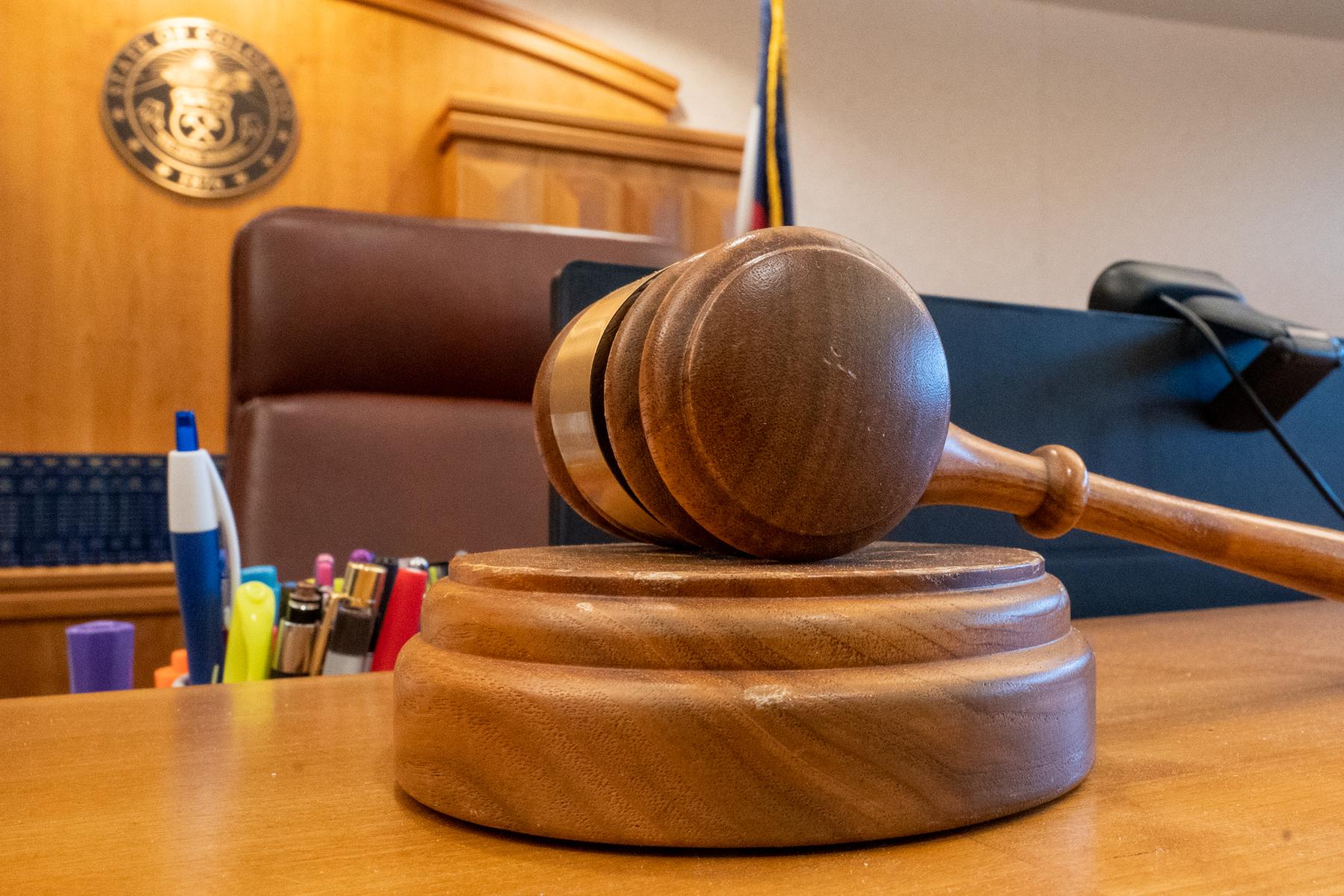
When you unfold your ballot and start darkening circles, what do you do when you get to the judges? It’s up to you whether to keep, or fire, each one of them. For many voters, presented with that long list of largely unfamiliar names, it’s a conundrum: How does one judge a judge?
There are 116 judges in Colorado who are hoping to keep their jobs this year, including three state Supreme Court Justice and five appeals court judges. The rest serve in district and county courts. Every judge on the November ballot has been reviewed based on standards set by a state commission that evaluates the performance of judges.
Significance of Judges
Colorado voters approved the current system of nominating and retaining judges in 1966. Under those rules, when a position opens up, a commission recommends a pool of potential new judges. The governor picks one of those candidates to appoint to the bench. After their first two years on the job, voters are given their first chance to weigh in on whether that judge should stay in the job, or be removed.
After their two year election, county court judges are up for retention every four years and district court judges every six years. Appeals court judges go before voters every eight years and supreme court justices every ten years.
To help voters make those calls, Colorado has an aptly-named office whose job it is to fairly and accurately evaluate each judge's work — the Colorado Office of Judicial Performance Evaluation. Those evaluations are shared with the public. Of all the judges up for retention this year, only one, Garfield County Court Judge Angela Roff, was found not to have met performance standards.
Making the most informed decision
The best judges are balanced and informed — and the same is required of voters in order to confidently retain a judge, according to Brittany Kauffman, CEO of the Institute for the Advancement of the American Legal System at the University of Denver.
Kauffman’s advice? Before selecting which judges should get your vote, be sure to look at their time on the bench and how they’ve performed their duties while on the bench. Evaluate them based on those details, she said. When you’re researching at the Colorado Office of Judicial Performance Evaluation, you can click on the name of the judge and you will see the narrative information that has been developed by the Commission.
Judges are evaluated on qualities that include integrity, legal knowledge, communication skills, judicial temperament, administrative performance, and service to the legal profession and the public.
“What we want from our courts is that they be fair, impartial, transparent, and accessible,” Kauffman said. “People and organizations are often dependent upon courts — and judges — when they are at their most vulnerable. This makes it all the more critical that we have judges who have these attributes.”
DU’s Institute for the Advancement of the American Legal System also published the Cornerstones of State Judicial Selection, with additional information on the key attributes of judges and the state’s court system.
Judging a Judge
Simply put, Kauffman said there are three steps voters should take when considering which judges they will vote for this election:
1. Be willing to participate.
Look at the ballot and also look at the information that's provided about each judge online at the Office of Judicial Performance Evaluation. Do not skip voting for judges. Be willing to engage in the process.
2. Pay attention to the criteria judges must meet for retention.
As laid out in the state's blue book, judges must have integrity, excellent legal ability and legal knowledge, strong communication skills, additional temperament, administrative performance, and the ability to provide service to the legal profession in public.
3. Consider the candidate's history and performance reviews.
Be intentional about reading the judge's retention survey, which is found online at the website listed above. Just because it's stated that a judge meets performance standards, doesn't mean there aren't things mentioned in their report that you should consider as you make your own judgment.
CPR’s Megan Verlee contributed to this report.









